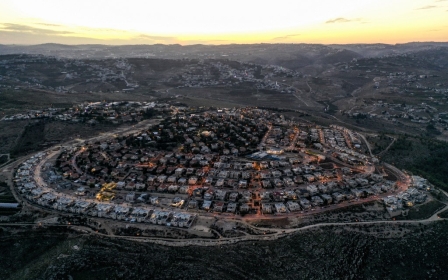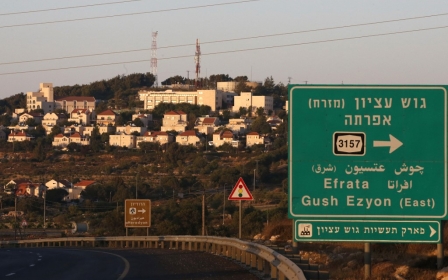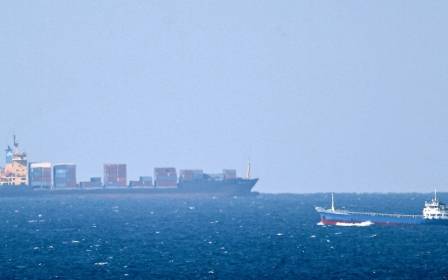'Palestinians must be protected': UN warns of rise in Israeli settler attacks
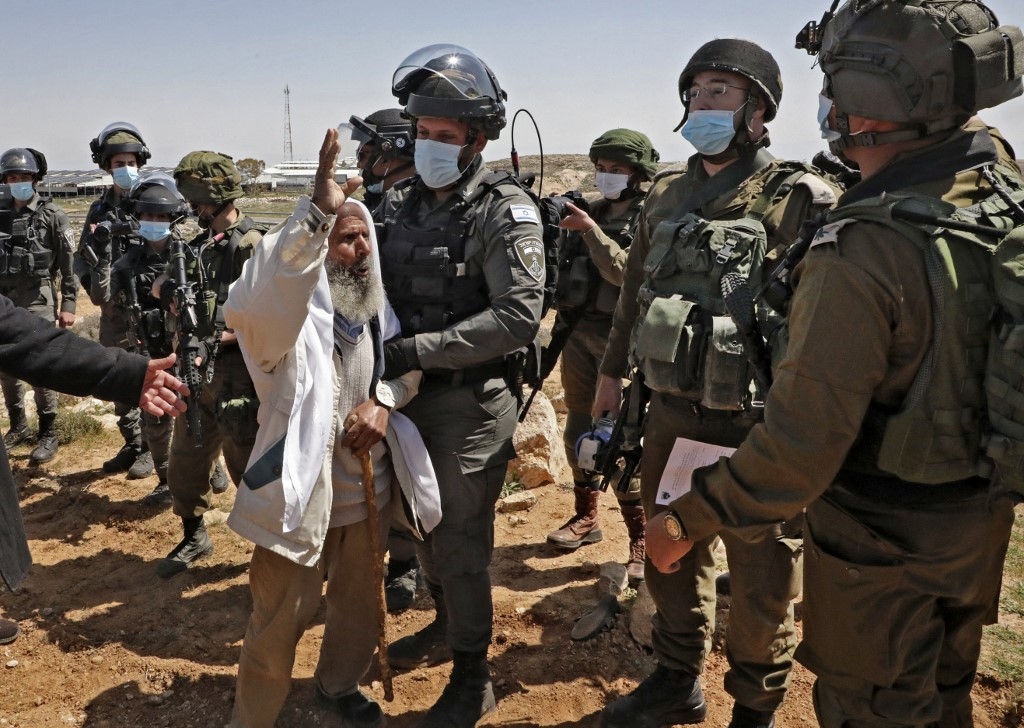
UN human rights experts have warned that violent attacks - including physical assaults and property destruction - carried out by Israeli settlers against Palestinian civilians in the occupied West Bank have increased substantially in recent months.
During the first three months of 2021, more than 210 incidents of settler violence were recorded, the experts said in a statement. One Palestinian died in one of the attacks.
"We call upon the international community to impose meaningful costs on Israel's protracted occupation, and to demand that the occupying power halt its settlement enterprise immediately," they said.
"Palestinians must be protected from settler violence and the perpetrators must be held to account for their actions."
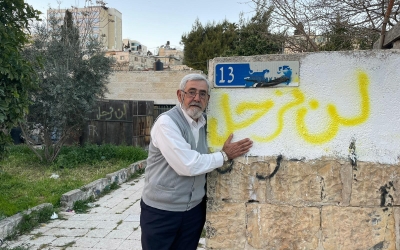
In all of 2020, the UN Office for the Coordination of Humanitarian Affairs (OCHA) documented 771 incidents of settler violence, which caused injuries to 133 Palestinians, mostly in the areas of Hebron, Jerusalem, Nablus and Ramallah. They also documented deliberate damage caused to 9,646 trees and 184 vehicles.
The settlers targeted the "livelihoods of rural Palestinians, vandalising livestock, agricultural lands, trees and homes".
The UN experts also called on Israel to adhere to the Fourth Geneva Convention, which requires an occupying power to protect the population under its occupation.
The group of experts, which include Michael Lynk, special rapporteur on the situation of human rights in the Palestinian territory occupied since 1967, noted that the violence had primarily been motivated by ideology and was designed to take over Palestinian land, while also working to "intimidate and terrorise" Palestinians.
The Israeli human rights organisation Yesh Din said 91 percent of investigations in cases filed between 2005 and 2019 by Palestinians over ideologically motivated crimes had been closed without indictments being handed out.
"This number is abysmal when compared to the number and nature of crimes committed by Israeli settlers, and it testifies more than anything to the institutional and systematic impunity that prevails in the occupied Palestinian territory," the UN experts said.
Settlement building continues
In their statement, the UN experts also highlighted the case of the occupied East Jerusalem neighbourhood of Sheikh Jarrah, where dozens of Palestinian families face the threat of eviction.
The Sheikh Jarrah district is inhabited by refugees who were expelled from their towns and villages by Zionist militias during the Palestinian Nakba (Catastrophe) in 1948, before the creation of the State of Israel.
"Similarly worrying are reports that over 70 families living in the Karm Al-Ja'buni area of Sheikh Jarrah in East Jerusalem are under threat of forced eviction to make place for new settlements," they said.
"Seven households have already received eviction orders and asked to vacate their homes by 2 May 2021. Such forced evictions leading to population transfers are strictly prohibited under international law," their statement added.
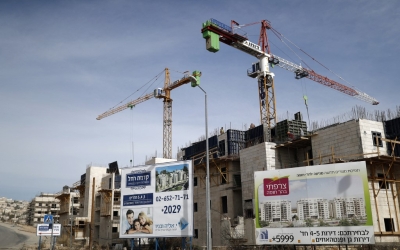
In February, a Jerusalem district court ruled to evict six families from their homes in the neighbourhood, where they have lived for almost 70 years, to make way for Israeli settlers.
Hundreds of Palestinians living in Sheikh Jarrah are facing similar court proceedings, along with hundreds more in the Batan al-Hawa neighbourhood in East Jerusalem's Silwan district.
According to Grassroots Jerusalem, an NGO that is a platform for Palestinian community-based mobilisation, there has been an influx of settlers in the neighbourhood since 2001.
Palestinians, who have limited self-rule in the West Bank, say Israel's settlements deny them a chance of a viable state. Most countries view the settlements as illegal under international law.
Yet despite calls from the international community to halt settlement activity, Israel has continued to announce new settlement projects.
Last week, Israel approved the construction of hundreds of settlement units in East Jerusalem.
The settlement-building, analysts say, would further hinder chances of splitting Jerusalem as part of a two-state solution, in which Palestinian leadership has sought East Jerusalem as the capital of a future Palestinian state.
Peace Now, an Israeli NGO, said in a report on Tuesday that 2,433 new housing units in Israeli settlements began construction in 2020, with 13 percent of them on outposts deemed illegal under Israeli law.
Middle East Eye delivers independent and unrivalled coverage and analysis of the Middle East, North Africa and beyond. To learn more about republishing this content and the associated fees, please fill out this form. More about MEE can be found here.


